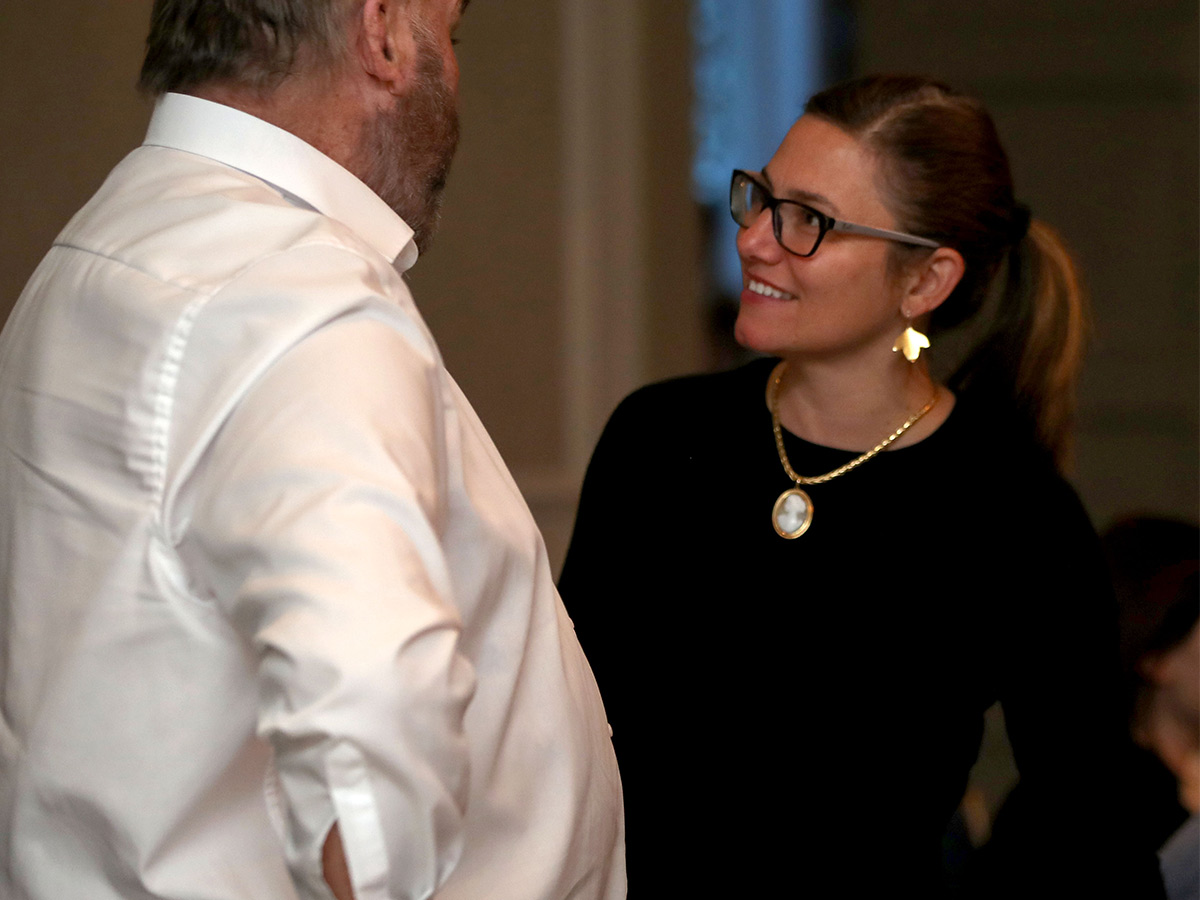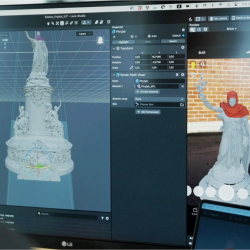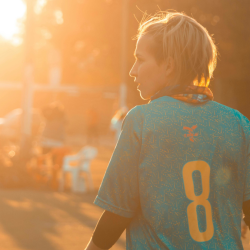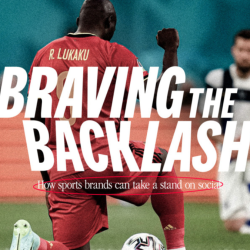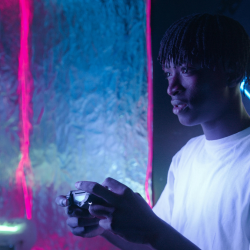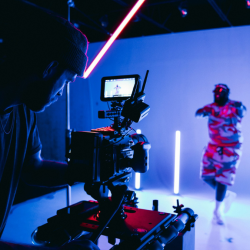What a difference a year makes. In early January 2019, Marissa Pace was taking up the newly-created position of chief marketing officer at World Rugby. By January 2020, the world was in the early days of what was to become the most significant pandemic in more than a century. Nine months on from first hearing that fateful word – Coronavirus – and, little by little, society is making a return to normality.
Sport has become a talisman for many during the pandemic. One of the first sectors to shut down as large crowds were outlawed, being allowed to play again and then cautiously admitting audiences back into stadia was, to many, a sign of the first green shoots of recovery. If it has revealed anything, the pandemic has shown just how vital sport is in people’s lives.
Keeping the lights on while stadia went dark was still a challenge, however, as Pace reveals: “It’s about keeping people interested in what’s happened in the past without creating archive fatigue. People can tire of that quite quickly. It’s probably best overcome by bringing people closer to their heroes and this is our big opportunity to do that.”
World Rugby and Pace jumped on the digital challenge by spotlighting major rugby stars online, or featuring stories about the coaches. Tales like one about an Italian player who was also a volunteer ambulance driver during the pandemic particularly resonated. “This is how we overcome the worry that there’s no live sport.”
Digital experience in the fast lane
The fact that Pace was both a digital and sporting supremo before joining World Rugby has no doubt made her a vital asset before, during and after the pandemic. Prior to taking up the CMO role, she pioneered Formula 1’s first digital marketing strategy, reporting directly to Bernie Ecclestone and driving (excuse the pun) several new revenue opportunities and growth for the sport.
Both an in-house marketer and having worked agency side as well as helming her own agency, Pace has worked worldwide in helping clients and employers build their digital and marketing strategies. At World Rugby, she is tasked with growing international fan-engagement and reaching new audiences to expand the sport’s reach. She says that you don’t need to be a dyed-in-the-wool sports fanatic to market sport – but it helps.
“I joked about this in my interview that the Rugby World Cup was the only sport I’ve bought tickets for. I was a rugby player in high school and university and it is an innate passion. A headhunter I’d worked with in the past knew I’d done very similar work with Formula 1 but the icing on the cake was that I knew and loved rugby.”
Finding fans in new places
Although Pace admits “my rugby playing days are done”, she still has a lot to give the game. “it’s being passionate about serving a live audience. There’s nothing like live sports and if you can understand the audience, not automatically assume that they’re fans and spread it widely to get more people into it, you don’t need to know the sport in particular. But you do need to know what people want.”
“I’ve been really lucky in my route that it has always been – and I admit this is a buzzword – but it’s always been audience-focused. Everything from being in a TV company to websites, it’s always been very fan-focused and that has put me in touch with what the audience wants and needs. As CMO, we bring the voice of the audience to the table because [World Rugby] is very commercial and driven by rugby player wants and needs.”
What people have wanted recently while the sport has been in its enforced hibernation is to keep that passion alive. Pace tasked her team with delivering variety and engagement to fans. “Where they’ve been most clever is to create chapters of different types of content so that, when we were deep in lockdown, we were doing Instagram lives with conversations, one coach to another. It was very much of the moment, of ‘we’re all stuck in this together’. When lockdown eased, we got more creative with a super rugby commentary team live at the games taking live footage, all the way to a bespoke Snapchat channel called ‘Up and Under’. There’s a bit of everything for everyone.”
More than a woman
There will no doubt be readers who did a double take earlier when it was mentioned that Pace herself was an accomplished rugby player. Together with the head of women’s rugby, Katie Sadleir, Pace notes that they are “aiming to normalise women in this sport, not draw attention to them.” One initiative has been to take the word ‘women’ out of the title of the Women’s Rugby World Cup. “We just mentioned the year and the place – New Zealand 2021. Trying to make it normal is such a priority for us at World Rugby. We are getting there.”
While Pace is focused on what the fans want, World Rugby itself has traditionally been a business-to-business focused organisation. It acts as an international federation that addresses unions, teams and players. As a not-for-profit organisation, all the funds it raises through partnerships is reinvested back into the game for grassroots players, as well as funding the union. But it has also been a delicate balance of generating revenue while also looking after fans.
“Now more than ever we need to make sure money comes in via partners and keeping existing partnerships alive. That might mean engaging with them on digital or social media via content. But, it’s also not the time to over-tax the audience by turning on ads. It’s not the only solution.”
Thinking creatively and engaging the full rugby community from fans to players and supporting organisations will no doubt challenge Pace for some time to come, although hopefully the challenge of COVID will be a distant memory soon.
“It’s time that we look at things like engagement and experience and making sure we facilitate it so that rugby becomes a growth sport. You get young kids that pick up a ball because they see heroes on the field. That’s authentic and it has great values. If I can bring that to young people then we’re winning. That would be what I would like to achieve.”




















